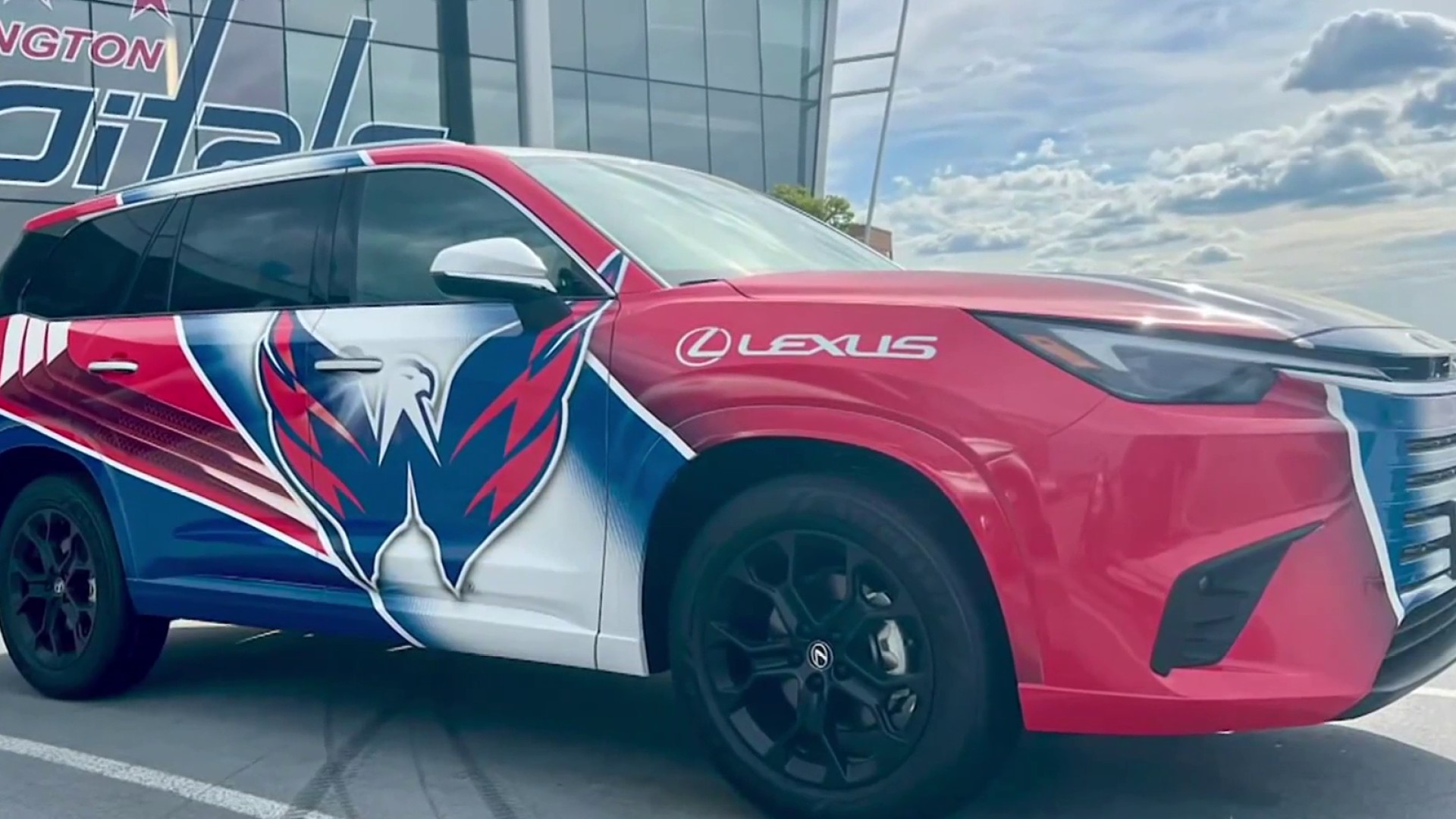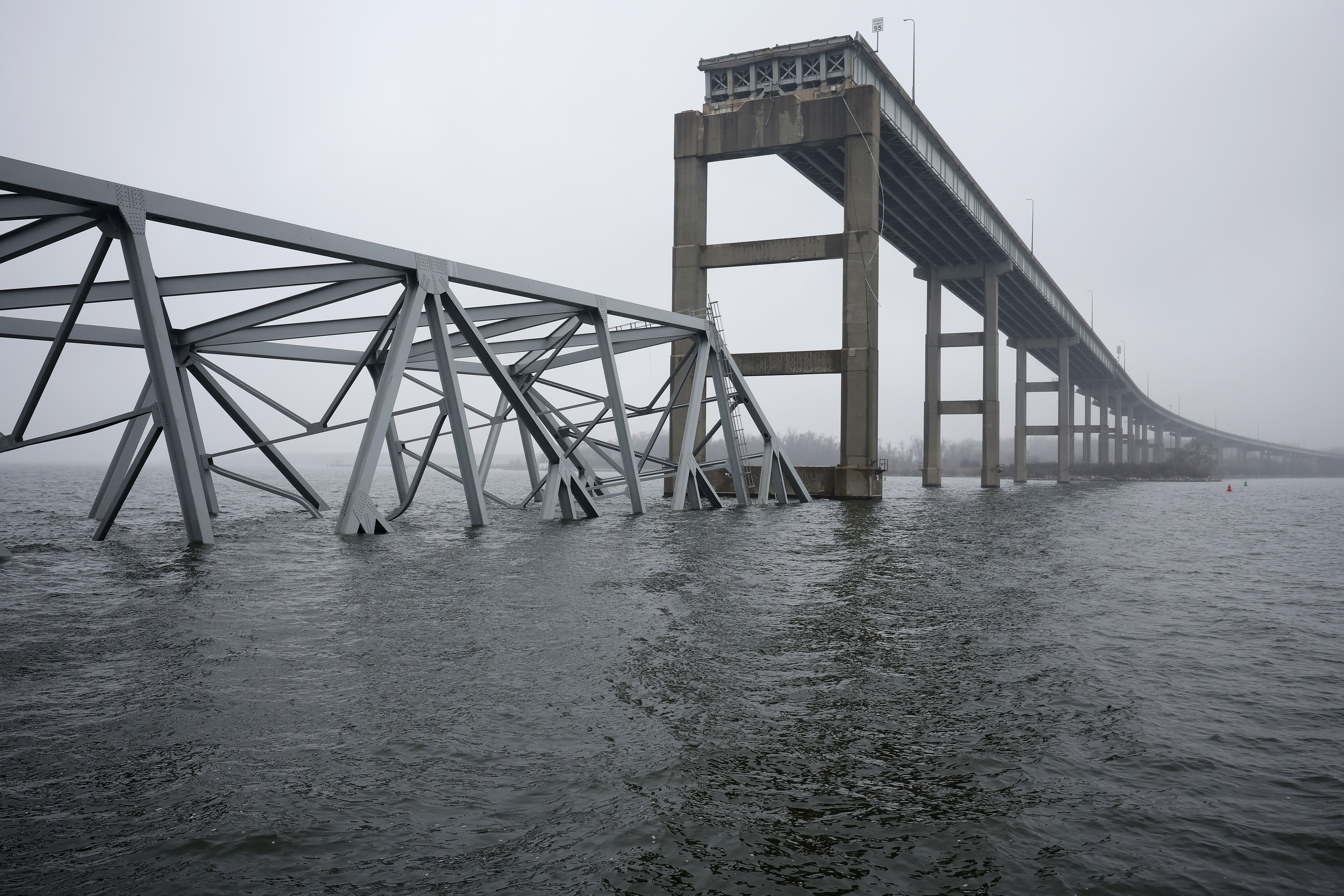Johns Hopkins University will be allowed to create its own armed police force, under a measure that received final approval by the Maryland General Assembly on Monday night.
The Maryland Senate voted 42-2 to pass the bill. That sends the measure to Gov. Larry Hogan, and a spokesman for the Republican governor said he will likely sign the bill.
"The governor looks forward to reviewing the final legislation, but he appreciates the support the Johns Hopkins police force initiative has received from both sides of the aisle, and strongly believes it will help make Baltimore City a safer place," said Michael Ricci, Hogan's spokesman.
The measure has sparked debate between those who want to increase campus safety as Baltimore struggles with violent crime and those who fear police profiling. The legislation would allow the private institution to have its own police force at its academic campuses and main medical campus in Baltimore.
In addition to support in both chambers of the General Assembly, which is controlled by Democrats, supporters have included billionaire alumnus Michael Bloomberg and Democratic U.S. Rep. Elijah Cummings.
Opponents have included a group called Students Against Private Police, which has led multiple protests, and faculty members, as well as people who live near the university.
Sen. Mary Washington, a Democrat who is one of two Baltimore senators who voted against the bill, said Monday night that she thought the measure created a foundation for campus policies and new police forces, but she said she still had concerns that an accountability board should be broadened.
Local
Washington, D.C., Maryland and Virginia local news, events and information
"And I do fundamentally believe that policing should be a publicly controlled entity and that privatization is not the way to go," Washington said.
Efforts to create a police force for the university in Baltimore began after a spate of robberies in late 2017. Researchers at the school examined trends at Baltimore universities equipped with armed police and found Hopkins had a disproportionate number of aggravated assaults, according to Ronald Daniels, the university's president. While state law allows public institutions to have police departments, a private institution like Hopkins needed the legislation.
The university said in a statement that the institution's work is just beginning, with many steps to come in the process of building a Johns Hopkins Police Department.
"We also understand that differences of opinion remain on this topic, and we are firmly committed to working with our students, staff, faculty and neighbors to consider varying viewpoints and ensure public accountability, public transparency and public input within a JHPD," the university said.



